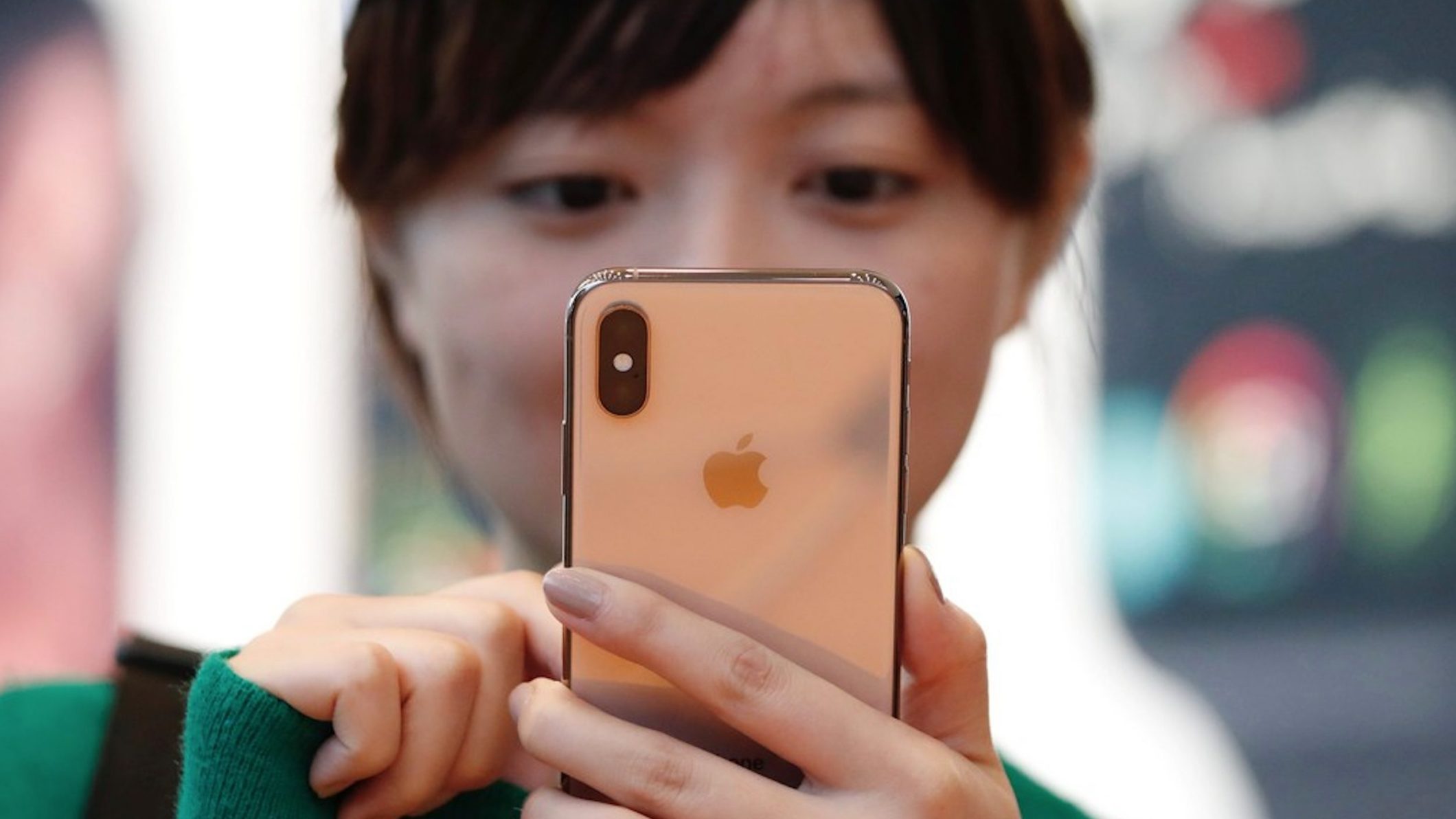6 Most Important Takeaways from Apple’s Holiday Quarter Revision
 YouTube / Jonathan Morrison
YouTube / Jonathan Morrison
Apple CEO Tim Cook on Wednesday penned a letter to investors with a rare revenue guidance revision for the holiday quarter. Notably, it's the first time Apple has revised its revenue guidance in 15 years — and if you've been online in the last few years, the news cycle is painting a picture suggesting Apple is "doomed". Of course, that isn't quite the truth.
In reality, Apple slashed its revenue guidance for the holiday quarter to $84 billion, around $5 to $9 billion shy of previous estimates. To be clear, this isn't great news for Apple. But it's also not as bad as you might think. Here's what you need to know about it. Continue reading to learn the 6 Most Important Takeaways from Apple's Holiday Quarter Revision.
6 Why Apple Cut Revenue Guidance

Cook cited various reasons for the revenue revision, including fewer carrier phone subsidies and discounted battery replacements impacting upgrades in developed markets. But the blame was mostly volleyed at unforeseen “macroeconomic” issues that caused weaker-than-expected iPhone sales in Greater China, as well as other unspecified emerging markets.
Of course, Apple isn’t really to blame for weak sales in China. According to CNN, China’s economic growth last year was the weakest since 1990 — and it’s impacting U.S. firms other than Apple, too. Ongoing trade tensions between the U.S. and China and an overall stagnant global smartphone market aren’t helping either.
5 It May Prove a Point About Expensive iPhones

While China’s economic issues aren’t Apple’s fault, the Cupertino tech giant’s ever-increasing iPhone price points probably aren’t doing the company any favors. Of course, Apple dominates the premium market — one of the only segments of the smartphone market that seems to be growing.
But most iPhones are out of the reach of many consumers in emerging markets. Apple’s struggles in China and its failure to gain a foothold in India illustrates that. Apple’s cheapest iPhone is two years old, while many Chinese OEMs are pumping out arguably better flagships at the same price point. Something like an iPhone SE 2 may not completely fix the problem, but it certainly wouldn’t hurt.
4 Apple’s Long-Term Health Isn’t In Jeopardy

Those “macroeconomic” woes, which are outside of Apple’s control, may hurt the company — but they certainly won’t spell the end of it. Instead, it’s a good reminder that Apple is slowly transiting away from being an “iPhone company” to being a “Services company.” In a weakening global economy and smartphone market, that bodes well for its future.
Similarly, in the same revision letter sent out Wednesday, Cook pointed out that hardware sales outside of the iPhone saw 19 percent growth year-over-year. In addition, on Thursday, Apple announced in a press release that it had hit a new single-day App Store revenue record with customers spending $322 million on New Year’s Day alone.
3 Tim Cook Addresses Employee Concerns

In response to the revenue revision, Apple CEO Tim Cook reportedly held a meeting with staff members at 9:30 a.m. this morning. The All-Hands meeting will presumably help Cook ease fears at Apple Park and answer questions from employees.
While we don’t know the content of the meeting, Cook may have hinted at some of it in a leaked memo to staff (via AppleInsider). In that memo, Cook promised that Apple will “learn,” “take action,” and notes that Apple has always “come out stronger” after challenging times. Cook also noted that Apple set iPhone activation records in the U.S. and Canada on Christmas Day.
2 What Does This Mean for Us?

For the average Apple user, this revenue guidance revision means just about nothing. More accurately, it means about as much as any other earnings call has meant to consumers.
Apple isn’t going to shutter any services, stop releasing iOS updates, or radically shift its hardware strategy because of the news.
Of course, for users in markets like China and India, it may mean slightly more. Apple is already considering cheaper devices for those regions. The weaker demand and sluggish market may just call for those devices. While Apple seems laser-focused on the high-end tier of the market, it may try to somehow shore up its defense against competitors in the lower-end segments.
1 Someone May Sue Apple For It

In the wake of the rare revenue guidance revision, law firm Bernstein Liebhard announced and advertised that it is exploring a potential class-action lawsuit targeted at Apple. In a blog post on its website, the firm said it would “investigate” allegations of possible securities fraud violations on behalf of Apple investors.
Specifically, Bernstein Liebhard alleges that several statements made by Tim Cook over iPhone demand in China amount to “materially misleading business information.” It’s worth noting, however, that those statements referred to the quarter before the holiday quarter — so not the one which had its revenue guidance slashed.
